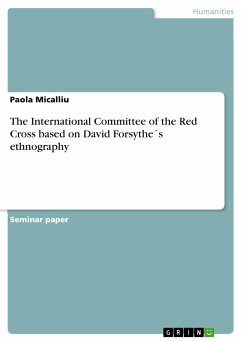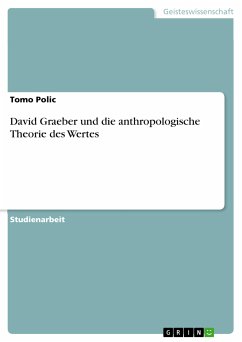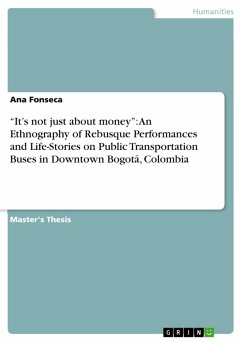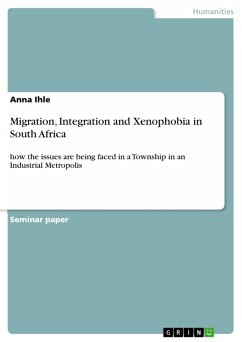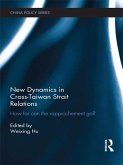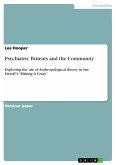Seminar paper from the year 2022 in the subject Ethnology / Cultural Anthropology, grade: 10, University of Jaume I, course: Introduction to Peace and Development Studies, language: English, abstract: In this academic report I deal with the International Committee of the Red Cross (hereinafter abbreviated as ICRC) by using the literature "The Humanitarians - The International Committee of the Red Cross" by David Forsythe and his ethnography recorded there not only to introduce the ICRC, but especially to address a research question. The focus of the author with his ethnography of the ICRC is on the political decisions and the work of the ICRC on the ground and does not leave out international humanitarian law. The question that arises is how the IRCR exercises its independence, impartiality, and neutrality to try to protect detainees, displaced and starving civilians, and families separated by conflict. After a brief presentation of the ICRC in this introduction, the argument presented along with its ethnography form the main body of this thesis and consist of a source-based examination of both the ethos and dynamics of the ICRC. Using their values and work, a critical discussion can then be conducted that relates to the research question. A conclusion rounds off the thesis and provides additional concluding remarks also in relation to anthropological work.
Dieser Download kann aus rechtlichen Gründen nur mit Rechnungsadresse in A, B, BG, CY, CZ, D, DK, EW, E, FIN, F, GR, HR, H, IRL, I, LT, L, LR, M, NL, PL, P, R, S, SLO, SK ausgeliefert werden.

